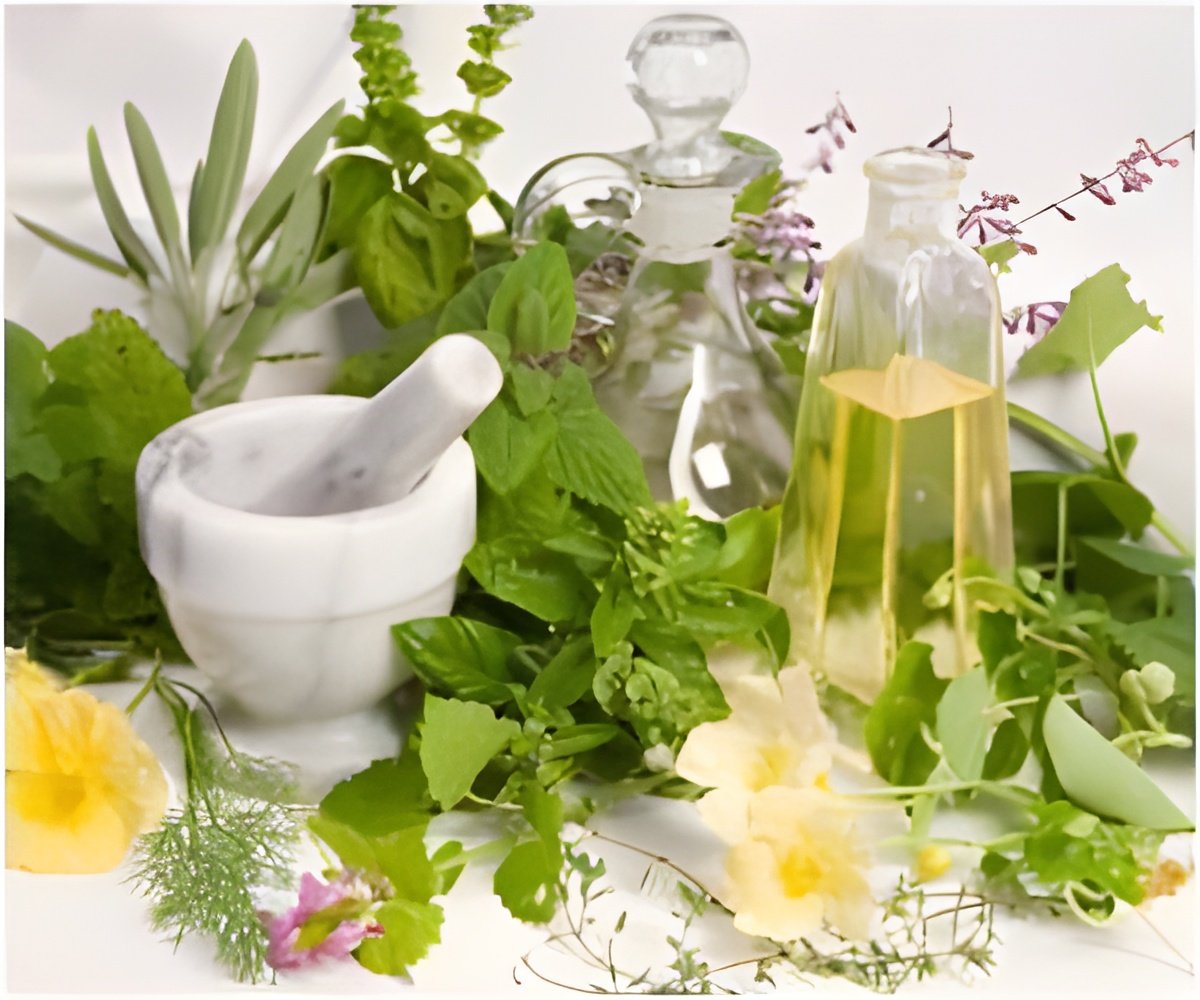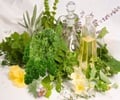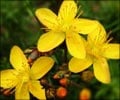Health conscious people beware! A good number of herbal products in the market contain ingredients that are not mentioned on the label, most of them cheap fillers

Only two of the companies provided authentic products without substitutions, contaminants or fillers.
Overall, nearly 60 per cent of the herbal products contained plant species not listed on the label.
Researchers detected product substitution in 32 per cent of the samples.
More than 20 per cent of the products included fillers such as rice, soybeans and wheat not listed on the label.
"Contamination and substitution in herbal products present considerable health risks for consumers," said lead author Steven Newmaster, an integrative biology professor and botanical director of the Guelph-based Biodiversity Institute of Ontario (BIO), home of the Canadian Centre for DNA Barcoding.
One product labelled as St. John's wort contained Senna alexandrina, a plant with laxative properties. It's not intended for prolonged use, as it can cause chronic diarrhea and liver damage and negatively interacts with immune cells in the colon.
One ginkgo product was contaminated with Juglans nigra (black walnut), which could endanger people with nut allergies.
Unlabelled fillers such as wheat, soybeans and rice are also a concern for people with allergies or who are seeking gluten-free products, Newmaster said.
"It's common practice in natural products to use fillers such as these, which are mixed with the active ingredients. But a consumer has a right to see all of the plant species used in producing a natural product on the list of ingredients."
Until now, verifying what's inside capsules or tablets has posed challenges, Newmaster said. His research team developed standard methods and tests using DNA barcoding to identify and authenticate ingredients in herbal products.
"There is a need to protect consumers from the economic and health risks associated with herbal product fraud. Currently there are no standards for authentication of herbal products."
Medicinal herbs now constitute the fastest-growing segment of the North American alternative medicine market, with more than 29,000 herbal substances sold, he said.
More than 1,000 companies worldwide make medicinal plant products worth more than $60 billion a year.
About 80 per cent of people in developed countries use natural health products, including vitamins, minerals and herbal remedies.
Canada has regulated natural health products since 2004. Regulators face a backlog of licence applications, and thousands of products on the market lack a full product licence. Globally, regulatory problems involving natural health products continue to affect consistency and safety, Newmaster said.
"The industry suffers from unethical activities by some of the manufacturers."
The study also involved research associate Subramanyam Ragupathy, U of G student Meghan Gruric and Sathishkumar Ramalingam of the Bharathiar University in India.
Source-Eurekalert
 MEDINDIA
MEDINDIA



 Email
Email








